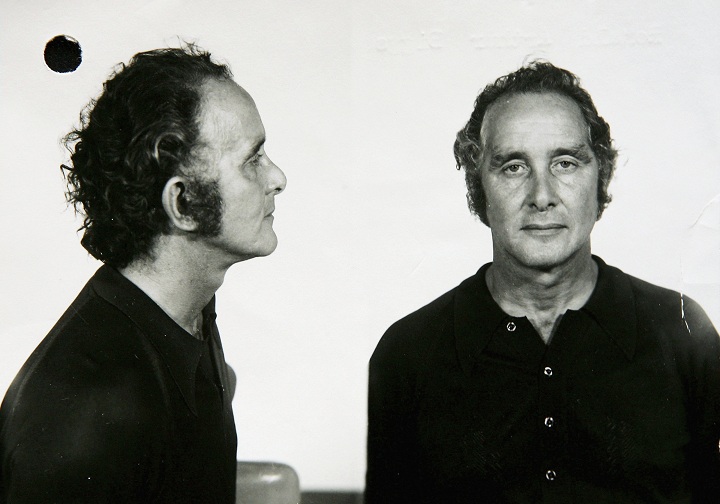Former NSA analyst Edward Snowden is just one of many people on the run who have sought shelter in Latin America to avoid the reach of authorities back home. Many in recent decades chose Cuba, but other countries have taken a share as well. A few prominent examples:

Assata Shakur: Born Joanne Chesimard in New York City, she has been living in Cuba since at least 1984. Shakur, the aunt and godmother of slain American rapper Tupac Shakur, was a member of the Black Liberation Army and was wanted on several felonies when police stopped her and two accomplices on May 2, 1973, in Clinton, New Jersey. A state trooper was killed in the ensuing gunfight, and another wounded. Serving life in prison, Shakur was freed by armed friends who took hostages. She surfaced in Cuba four years later and was even listed in the Havana phone book. In May, the FBI named Shakur the first woman on its list of most wanted terrorists.
Ronnie Biggs: The “Great Train Robber” was one of Britain’s most notorious criminals. Biggs took part in the 1963 heist of a mail train that netted him and other gang members the equivalent of $65 million in today’s dollars. Biggs escaped prison in 1965 and fled to Rio de Janeiro, where he recorded the dance song “Run to Rio” and would charge tourists money to take pictures with him. He returned to face prison in Britain while in failing health in 2001. He was released on compassionate grounds in 2009 and still lives in the U.K.
Robert Vesco: The American financier fled the U.S. in 1972 when wanted on charges of looting $224 million from a Swiss-based mutual stock fund. He was later accused of plotting to pay a kickback to Billy Carter, brother of then President Jimmy Carter, in a Libyan arms deal. Vesco surfaced with family in Cuba in 1982, living on a boat off the island of Cayo Largo. In 1996, Cuba sentenced him to 13 years in prison for illegally marketing a drug he claimed could cure cancer and AIDS. His business partner Donald A. Nixon Jr., nephew of late President Richard Nixon, was detained along with Vesco but released. Vesco is believed to have served most of that sentence. Cuban records indicate he died of lung cancer on Nov. 23, 2007, at age 71, and was buried in Havana’s Colon Cemetery.
Philip Agee: A former CIA agent whose 1975 book “Inside the Company: CIA Diary,” named American intelligence operatives and cited alleged misdeeds against Latin American leftists, Agee died in Havana in 2008 at the age of 72. While never prosecuted in the United States, Agee was denied a U.S. passport in 1987 over alleged links to Cuban intelligence. He lived underground in France and Germany, but in his later years spent most of his time in Havana, even opening a travel agency dedicated to helping Americans visit the island despite the U.S. embargo.
Cesare Battisti: a former leftist rebel from Italy convicted in his homeland of four murders carried out in the late 1970s, he is the highest-profile fugitive now in Brazil. Battisti was arrested in Rio de Janeiro in 2007 after having hidden in France and Mexico. He remained jailed until 2011 when Brazil’s supreme court upheld a decision by former President Luiz Inacio Lula da Silva to give him a visa to remain in the country.
Julian Assange: The 41-year-old WikiLeaks founder is technically on Ecuadorean soil at the country’s embassy in London, where he has been holed up for a year to avoid extradition to Sweden to face questioning over sex crimes allegations. The Australian and his supporters claim the sex case is part of a Washington-orchestrated plot to make him stand trial in the United States over his work with WikiLeaks, which has published thousands of secret U.S. diplomatic cables and other documents. Both Sweden and the U.S. reject that allegation.








Comments